Description
Assignment 03: Essay and short questions: Mandatory assignment.
Question 1: Name TWO philosophers who were associated with Phenomenology
(Refer to pages 62-63 of Philosophy in Education Today: An Introduction) (4)
Question 2: Identify FIVE characteristics of Phenomenology
(Refer to pages 64 of Philosophy in Education Today: An Introduction) (10)
Question 3: Name THREE educators who are associated with Phenomenology
(Refer to pages 66-68 of Philosophy in Education Today: An Introduction for the answer) (6)
Question 4: How does Phenomenology respond to formal education systems?
(Refer to page 70 of Philosophy in Education Today: An Introduction for the answer) (10)
Question 5: What can Phenomenology help us to achieve in education?
(Refer to page 71 of Philosophy in Education Today: An Introduction for the answer) (10)
Question 6: Indicate whether the following statements are true or false and provide your answer with an explanation.
6.1 Phenomenology examines things and people by imposing theories and opinions on reality.
6.2 Phenomenology focuses on our felt experience of reality rather than on a scientific analysis of experience.
6.3 Phenomenology is concerned with a description of what is essentially human.
6.4 Phenomenology believes that theories about us and about life can be very misleading and may lead to falsehood.
6.5 Phenomenology is deeply concerned about the impact of formal, prescriptive education systems on young children. (10)
[50]
Question 7: Essay
Read chapter 3 on Scientific Rationalism and Philosophy of Education. Reflect on the conception of knowledge, or knowledges. Write an essay on who ought to determine the type of knowledge that is worth pursuing. The essay will be assessed as follows:
1. Title of essay 5
2. Introduction 10
3. Body 20
4. Conclusion 10
5. References 5


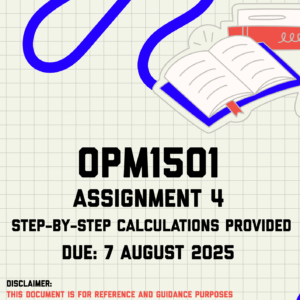
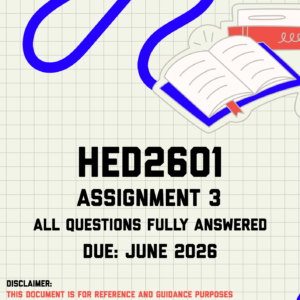

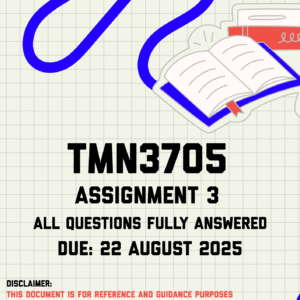
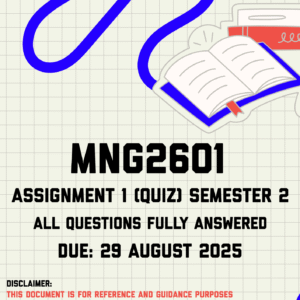

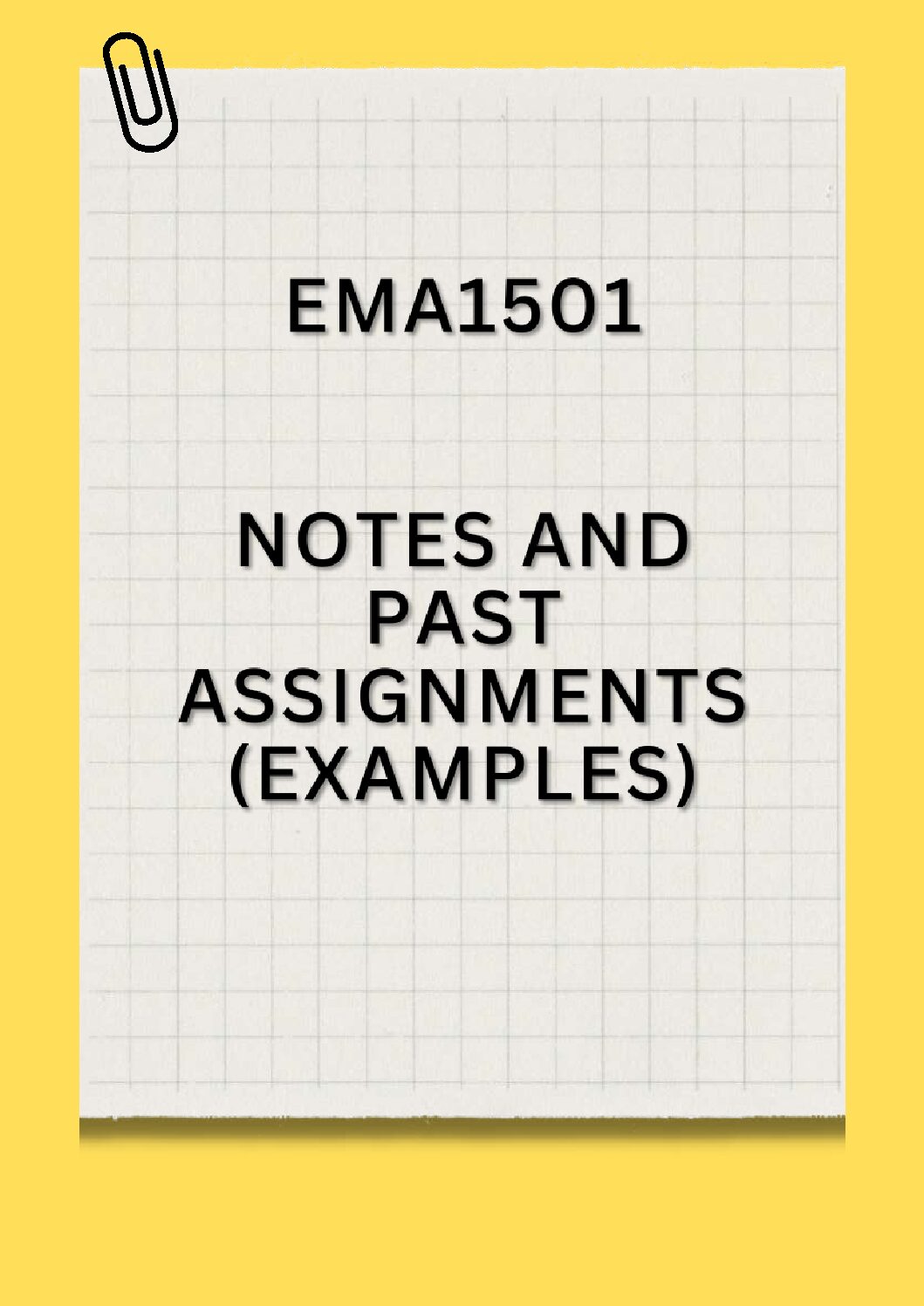

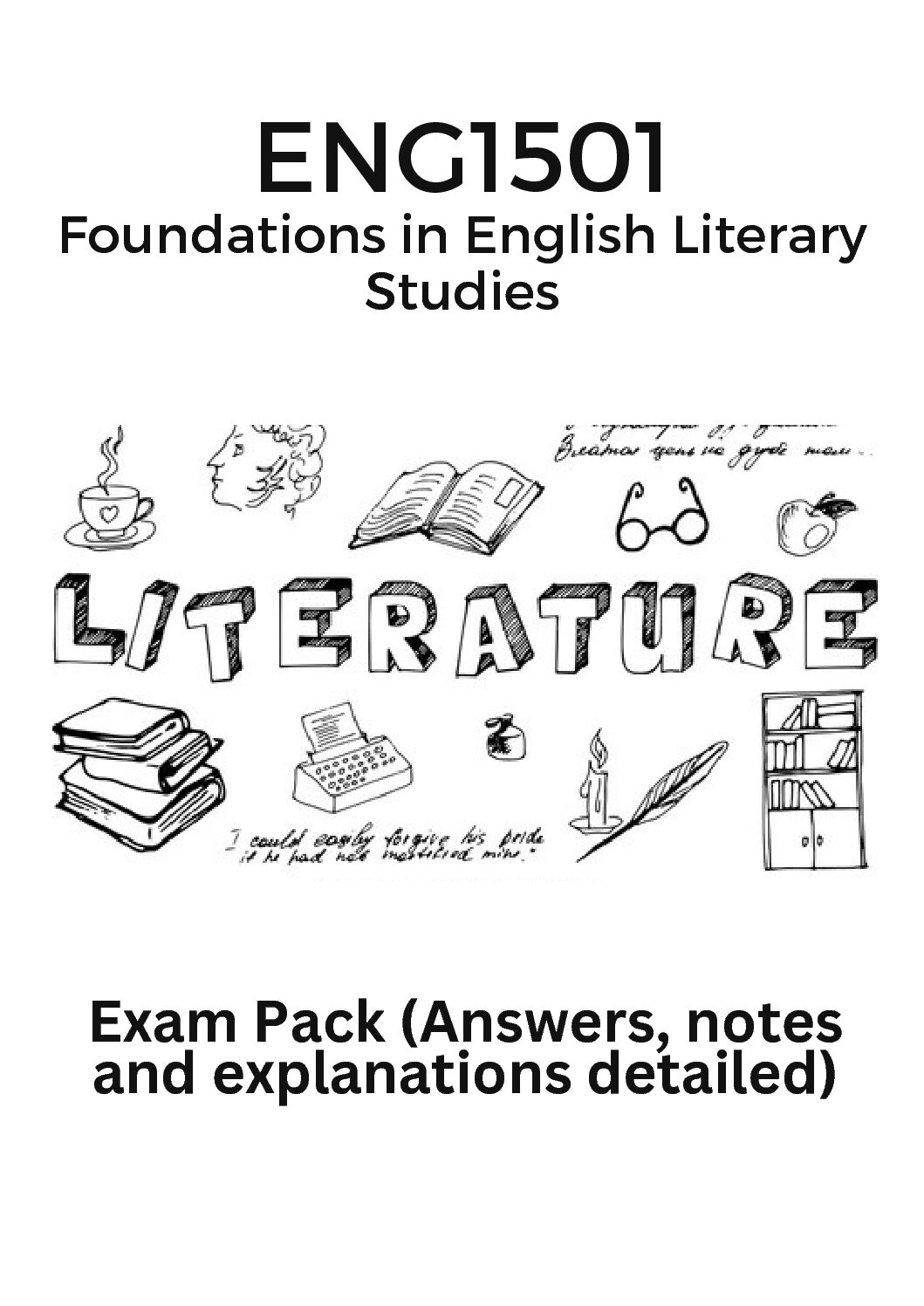
Reviews
There are no reviews yet.